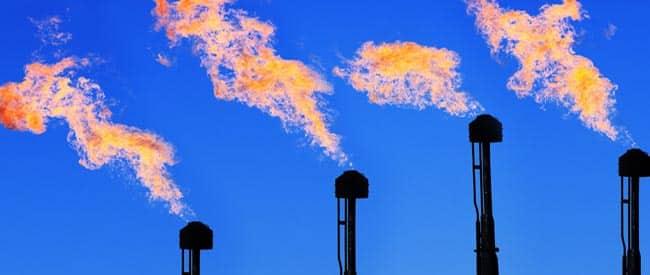Articles Menu

Sept. 10, 2024
The Global Methane Budget 2024 shows a 20 per cent increase in methane emissions from human activities in the past two decades.
Methane is one of three core greenhouse gases that contribute to climate change. It lasts in the atmosphere for just a few decades, less than carbon dioxide and nitrous oxide, but has the highest short-term global warming potential because it holds more heat in the atmosphere.
The budget, produced by the Global Carbon Project, covers 17 natural and anthropogenic (human-induced) sources. It shows that methane has increased by 61 million metric tonnes per year.
“We have seen higher growth rates for methane over the past three years, from 2020-2022, with a record high in 2021,” says Pep Canadell, a director of the Global Carbon Project. “This increase means methane concentrations in the atmosphere are 2.6 times higher than its pre-industrial (1750) levels,” “Human activities are responsible for at least two-thirds of global methane emissions, adding about 0.5°C to global warming that has occurred to date.”
The report concludes that agriculture contributes 40 per cent of anthropogenic global methane emissions. The fossil fuel sector produces 34 per cent, solid waste and wastewater 19 per cent, and biomass and biofuel burning 7 per cent.
The top five country emitters in 2020 were China (16 per cent), India (9 per cent), USA (7 per cent), Brazil (6 per cent), and Russia (5 per cent).
The European Union and Australasia have reduced their anthropogenic methane emissions over the past two decades. However, global trends clearly jeopardize international commitments to reduce methane emissions by 30 per cent by 2030.
For net-zero emission pathways consistent with the Paris Agreement objective of a maximum 2°C temperature increase from pre-industrial levels, anthropogenic methane emissions need to decline by 45 per cent by 2050, relative to 2019 levels.